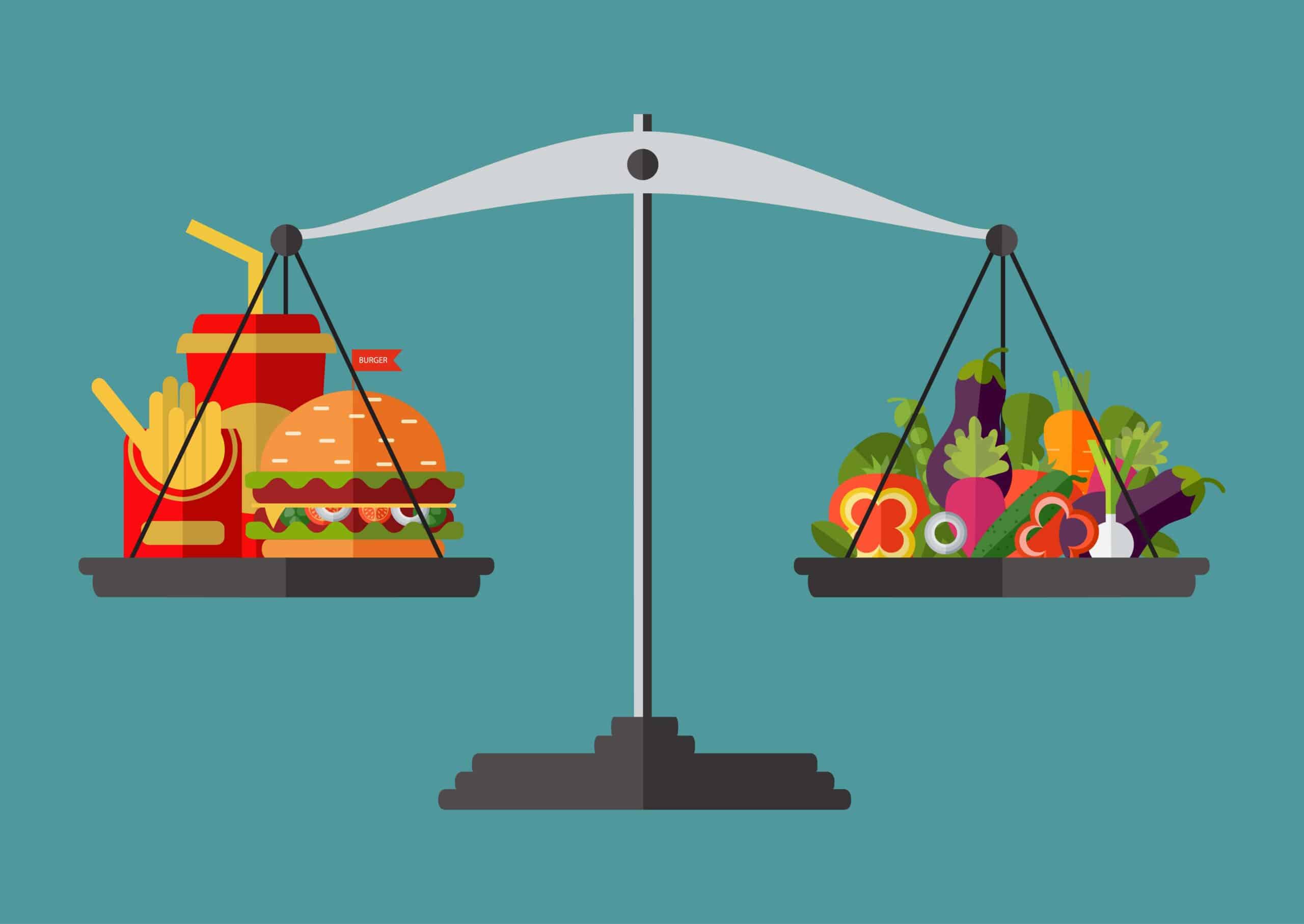Four ways to stay motivated to keep going even when times are tough in recovery
It’s normal for motivation to ebb and flow during eating disorder recovery. As clinicians, we expect it and factor it in to our treatment plan. And it makes sense – recovery is an exhausting process!
That being said, the ability to maintain a high level of motivation has been shown to improve the rate of success in eating disorder treatment.1 Similarly, dips in motivation are thought to be a major contributor to the high rates of treatment drop out and relapse.2
So what can you do to maximise your motivation levels to keep making progress in your recovery? In this article, we’ll give you four practical tips that you can implement to stay motivated on your journey.
ONE: Look into the future
It can be tempting to think of all the things that your eating disorder is holding you back from and feel angry or resentful. Try channelling these powerful emotions into motivation instead!
One way to do this is through a journaling activity that we like to call “A day in the life when I am recovered”.
It’s exactly what it sounds like!
Look into the future and visualise what an entire day could look like when you are free form your eating disorder. What does the future might look, sound, smell, feel and taste like? What type of thoughts will you have? What emotions might you experience? What activities might you take part in?
Give as much detail as possible and try to see it in your mind’s eye. Visualising your goals in this way has been shown to help you to achieve them by increasing effort and commitment!3
TWO: Look into the past
In addition to looking into the future, it can be helpful to reflect on the past to boost motivation.
This time, the journaling practice will dive deep into your worst eating disorder day.
It’s up to you to decide the parameters of what made a specific day the worst. Once you choose one, write about what happened in as much detail as you can but without judgement. What were you thinking? How did you feel? What behaviours did you engage in? How did this affect you? How did it affect those around you?
On days when you’re contemplating giving in to your eating disorder, read back over what you wrote to remind yourself that even though recovery is tough, it’s worth it to never have another day like this.
Rereading this entry can also act as a really great way to reflect back on how far you’ve come in your recovery. Feeling stuck or stagnant is common (and normal!), so reminding yourself of the progress you’ve already made can be a motivating force on your journey.
THREE: Celebrate the small wins
Every tiny step forward is progress. Celebrate these wins and keep track of them! Note down what your win was and what helped you to achieve it. Not only will this act as another reminder of how far you’ve come, but it will form a record of tried-and-tested strategies on days when things feel hopeless.
No success too small to make a note of!
And don’t be too hard on yourself with any perceived “set backs”. Relapses are part of the process and are an opportunity for learning, reflection and growth. Additionally, motivation has been shown to be higher amongst people with eating disorders who are able to show themselves greater self-compassion.4 So show yourself a little kindness!
FOUR: Build a strong support system
Creating an iron-clad network of supportive and non-judgemental people has been found by research to be a crucial component of maintaining motivation for recovery.2,4
Create a list of people or services who you can reach out to on the toughest of days. This might include:
- Health professionals (such as our expert dietitians at Embody Health London!)
- Family and friends
- Support groups
- Recovered mentor/role model
- Online communities
- Phone/chat services (such as Beat in the UK)
It can also be helpful for you to guide your friends and family on how best to support you. Maybe you need someone to check in around meal times, or send an encouraging text first thing in the morning. Don’t be afraid to let people know! You might be surprised how willing your loved ones are to support you.
We’re on your side and we’re here to help. Reach out to us at [email protected] to learn about our services.
Karli Battaglia MDiet, APD
EHL Team x
References
- Espel H, Goldstein S, Manasse S, Juarascio A. Experiential acceptance, motivation for recovery, and treatment outcome in eating disorders. Eating and Weight Disorders – Studies on Anorexia, Bulimia and Obesity. 2015;21(2):205-210.
- Venturo‐Conerly K, Wasil A, Dreier M, Lipson S, Shingleton R, Weisz J. Why I recovered: A qualitative investigation of factors promoting motivation for eating disorder recovery. International Journal of Eating Disorders. 2020;53(8):1244-1251.
- Cheema A, Bagchi R. The Effect of Goal Visualization on Goal Pursuit: Implications for Consumers and Managers. Journal of Marketing. 2011;75(2):109-123.
- Carter J, Kelly A. Autonomous and controlled motivation for eating disorders treatment: Baseline predictors and relationship to treatment outcome. British Journal of Clinical Psychology. 2014;54(1):76-90.














